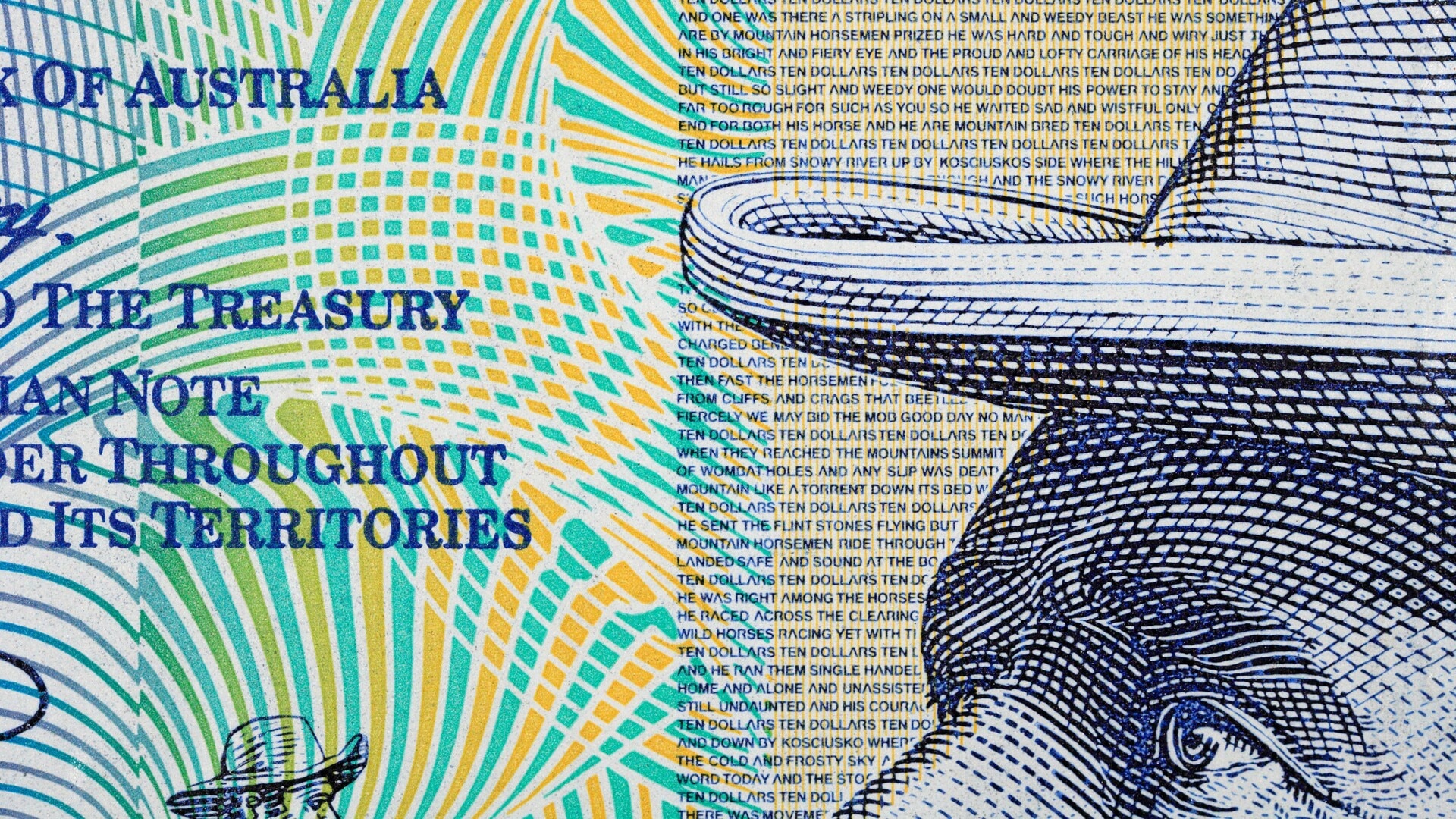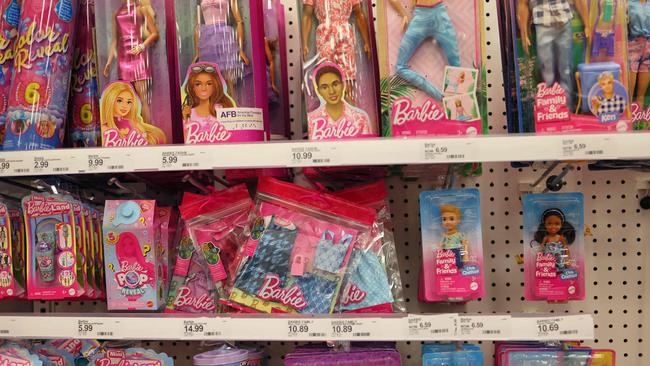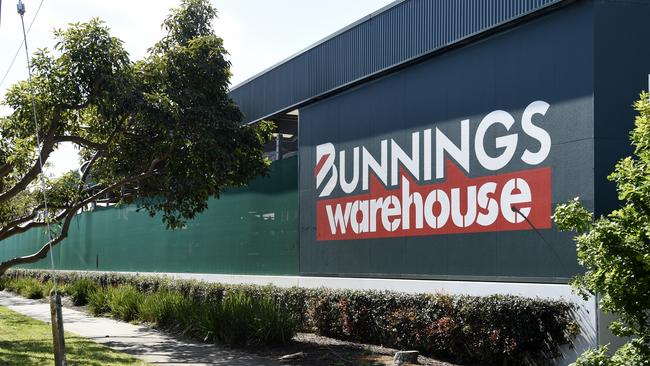US-China trade war will see prices rise for electronics, cars, toys, clothing and more in Australia
Everything from Barbie dolls to lawnmowers is likely to get more expensive, with some of our biggest shops “particularly exposed” in a trade war between the United States and China. Here’s why

Business
Don't miss out on the headlines from Business. Followed categories will be added to My News.
Everything from Barbie dolls to lawnmowers is likely to get more expensive as Australian shoppers and retailers become collateral in an escalating trade war between the United States and China.
Economists warn disrupted global supply chains and a back-and-forth of retaliatory tariffs will push prices higher and could see some products vanish completely from local shelves.
The web of trade deals between countries means electronics, cars, toys, whitegoods, clothing and power tools are likely to be impacted, hitting pause on hauls of cheap Chinese and Vietnamese goods from stores like Kmart or Bunnings.

Why is this happening?
US President Donald Trump announced sweeping tariffs on most exports into the US, and handed China a particularly savage 54 per cent tariff. China has retaliated with tariffs of its own.
Other heavy exporters to Australia have also had heavy tariffs imposed – including Vietnam, which was given a 46 per cent tariff and Taiwan, which was slugged 32 per cent.
Japan was given a hefty 24 per cent tariff as well as an additional 24 per cent tariff on automotive imports.
Despite Australia being slugged the lowest rate of 10 per cent, Professor Alberto Posso, Head of Accounting, Finance and Economics for Griffith University, said the complex trade connections between countries would lead to indirect fallout here.
The impact is less a result of completed products finding their way to Australia from China and other exporters, but more related to difficulties obtaining the components used to make each product – known as “intermediate goods”.
“Trump is not just taxing the final product, he’s adding taxes to all the pieces that go into making the whole thing,” he said.
“So you’ll see prices go up for things that are more complex, like a lawnmower, but for things like a screwdriver, it probably won’t go up.”

Made Everywhere
Prof Posso said anything with a ‘Made in China’ tag would be more accurately labelled as ‘Made in the World’, with multiple countries often involved in creating a product before it was ultimately assembled in China.
“For example, there’s a neat case study on the Barbie doll with different parts of the toy’s body being put together in different countries,” he said.
“Tariffs on intermediate goods stop countries from being able to quickly and cheaply import components – like the arms and legs of the Barbie – making the whole process more expensive.
“By affecting supply chains, you ultimately make the Barbie more expensive.”
A recent example of how widely supply chain ripples can spread is when China halted production of semiconductors during the Covid pandemic – a move which brought the automotive and electronic industries to their knees and saw prices skyrocket.
Supply chain struggle
As China and other big manufacturers grapples with component supply, Prof Posso said large-volume, low-margin Australian retailers like Kmart, Big W, and Bunnings were particularly exposed to supply issues and shipping delays.
“Their supply chains are heavily dependent on affordable imports from China and Southeast Asia,” he said.
“To adapt, they will need to diversify and look for other supply routes and potentially other suppliers.
“They will have to gain efficiencies by consolidating shipments. But this will take time, so they will be facing some difficulty in the short-run.”
Big W parent company Woolworths said it was “too early for us to know if the US tariffs will have any impact on our supply chain” and declined to comment further.
Bunnings and Kmart were also contacted for comment.

Economies of scale
The challenges of getting components to make products is not China’s only tariff challenge.
Because the US is arguably China’s largest export market, stifled demand could lead to many Chinese companies scaling back production of goods.
To cover the loss of volume, these companies will almost certainly increase their prices.
“When average cost to produce something goes up, companies become less profitable,” Prof Posso said.
“Product quality is likely to drop as well.”
Originally published as US-China trade war will see prices rise for electronics, cars, toys, clothing and more in Australia




